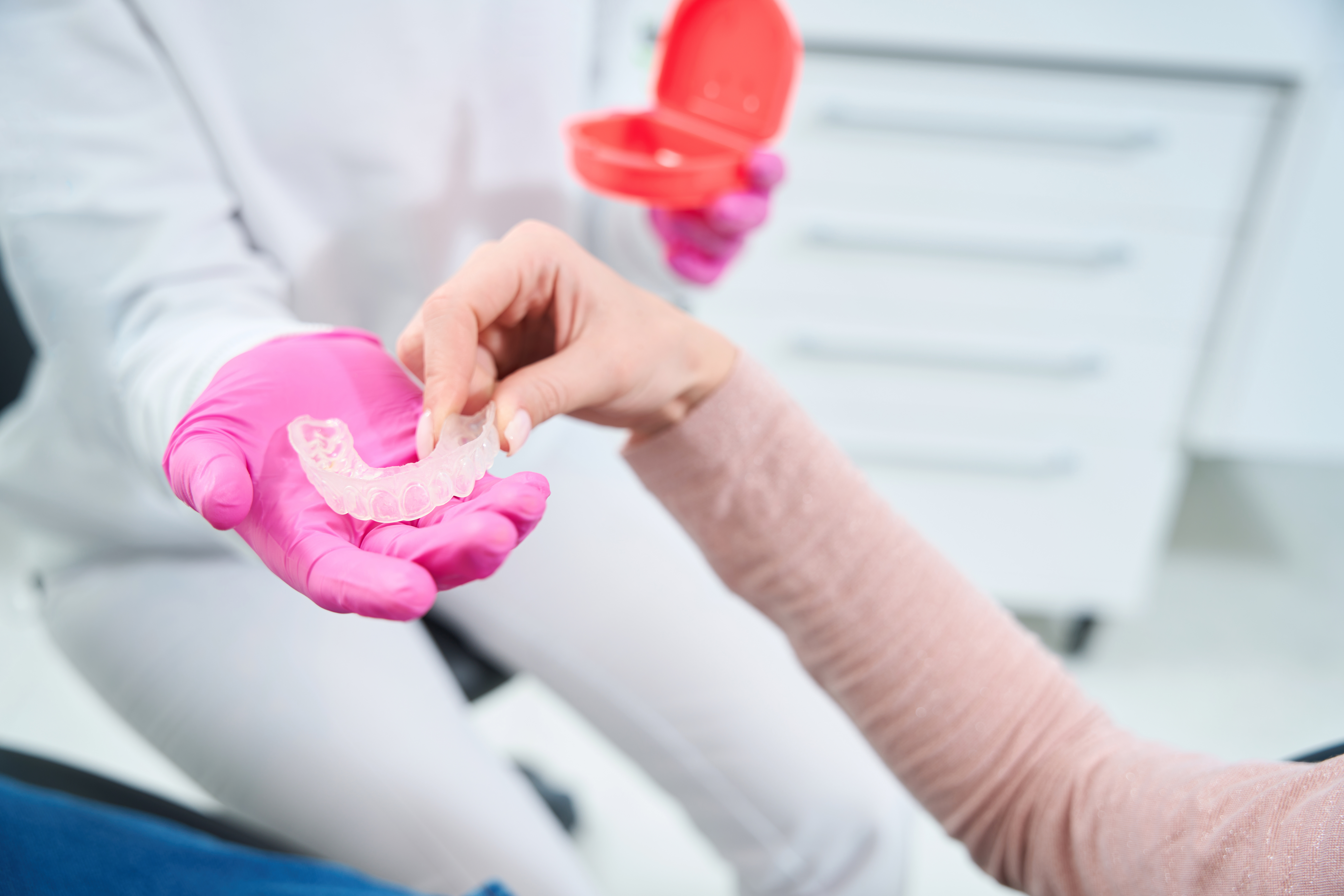13 Daily Habits That Are Secretly Ruining Your Teeth
A captivating smile is often considered a universal symbol of warmth and confidence. Yet, maintaining that radiant smile requires more than just regular visits to the dentist. Daily habits, often overlooked, can significantly impact oral health. Dentists worldwide emphasize that while brushing and flossing are essential, certain daily practices could be undermining these efforts. This article delves into 13 daily habits dentists wish you would quit to save your smile now. Understanding these habits and making conscious changes can lead to improved oral health, fewer dental visits, and a more confident smile. As we explore each habit, we will uncover the underlying reasons why they are detrimental and how altering them can promote better dental health.
1. The Perils of Excessive Sugar Consumption

Sugar is often labeled as the arch-nemesis of dental health. Consuming excessive sugar, especially in the form of sugary drinks and snacks, provides a feast for harmful bacteria in the mouth. These bacteria produce acids that attack tooth enamel, leading to cavities and decay. Dentists recommend reducing sugar intake and opting for healthier alternatives like fruits and nuts. Moreover, rinsing your mouth with water after consuming sugary treats can help mitigate some of the damage by washing away sugar residues. By understanding the connection between sugar and oral health, individuals can make informed choices that protect their teeth from unnecessary harm.
2. The Hidden Dangers of Teeth Grinding

Teeth grinding, or bruxism, is a common habit that often goes unnoticed until significant damage occurs. This involuntary action can wear down enamel, cause jaw pain, and lead to misaligned teeth. Stress and anxiety are common triggers for bruxism, making it crucial to address these underlying issues. Dentists often recommend wearing a night guard to protect teeth during sleep. Additionally, stress management techniques such as meditation and exercise can help reduce the frequency of grinding. Understanding the impact of bruxism and taking proactive measures can prevent long-term damage and preserve the integrity of your smile.
